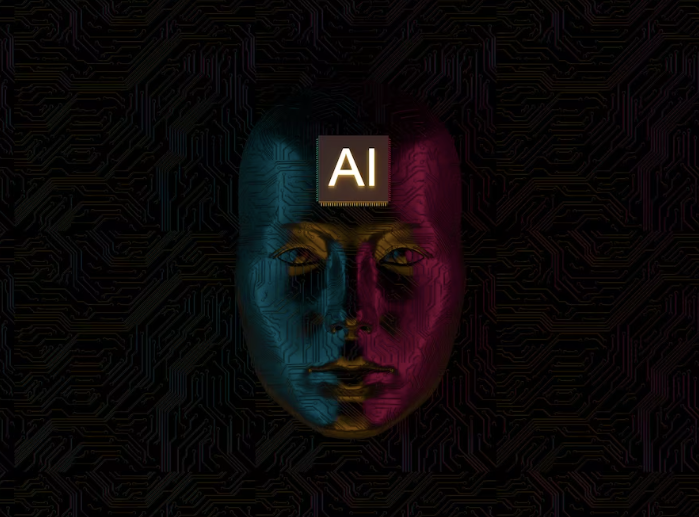Exploring the Boundaries of Artificial Intelligence: Beyond its Current Limitations

Introduction
In the ever-evolving landscape of technology, Artificial Intelligence (AI) has emerged as a powerful force reshaping industries and our daily lives. While AI has made significant strides, it's essential to recognize that it's not without limitations. In this comprehensive article, we delve into the limitations of AI technology, shedding light on what AI can't do yet and exploring the horizons beyond these constraints.
Understanding AI's Current Capabilities
Before we dive into AI's limitations, it's crucial to grasp its current capabilities. AI excels in various domains, including:
1. Data Analysis and Pattern Recognition
AI systems are proficient in analyzing vast datasets and recognizing intricate patterns that may elude human perception. This capability has revolutionized industries like finance, healthcare, and marketing.
2. Automation and Efficiency
AI-powered automation streamlines repetitive tasks, improving efficiency and reducing human errors. Industries leverage AI for tasks ranging from manufacturing to customer support.
3. Natural Language Processing (NLP)
NLP allows AI to understand and generate human language, enhancing chatbots, language translation, and content generation.
4. Image and Speech Recognition
AI can accurately identify objects in images and transcribe spoken language. This has applications in fields like autonomous vehicles and accessibility technology.
The Limitations of AI
Despite its remarkable achievements, AI has inherent limitations:
1. Lack of Common Sense
AI lacks human-like common sense reasoning. It can struggle with interpreting context and making judgments based on nuanced information.
2. Limited Creativity
AI can generate content, art, and music, but it often lacks the depth of human creativity and emotional connection.
3. Ethical and Bias Concerns
AI algorithms can perpetuate biases present in training data, leading to ethical concerns in decision-making processes.
4. Inability to Fully Comprehend Human Emotions
While AI can detect emotions to some extent, it struggles to comprehend and respond to complex human emotions accurately.
5. Unpredictability in Unfamiliar Situations
AI systems trained on historical data may falter when confronted with novel or unforeseen scenarios.
Beyond the Boundaries: Ongoing AI Research
The limitations of AI serve as catalysts for ongoing research and innovation:
1. Explainable AI (XAI)
Researchers are developing XAI to make AI decisions more transparent and understandable, addressing ethical concerns.
2. Advancements in Reinforcement Learning
Improvements in reinforcement learning are enhancing AI's adaptability to novel situations.
3. Emotional AI
Researchers are exploring ways to imbue AI with a better understanding of human emotions, enabling more empathetic interactions.
The Future of AI: Expanding Horizons
As we look ahead, AI's future appears promising. It will likely play an increasingly integral role in diverse sectors, including:
- Healthcare: AI-powered diagnostics and treatment recommendations.
- Education: Personalized learning experiences and intelligent tutoring systems.
- Finance: Enhanced fraud detection and investment strategies.
- Space Exploration: Autonomous spacecraft navigation and data analysis.
Conclusion
In conclusion, while AI possesses incredible capabilities, it is not without limitations. Acknowledging these limitations is essential for responsible development and deployment. However, ongoing research and advancements hold the promise of pushing the boundaries of what AI can achieve. As we navigate the evolving landscape of AI technology, we can anticipate a future where it continues to enrich and augment various aspects of our lives.
Diagram: Below is a mermaid syntax diagram illustrating the relationship between AI's current capabilities and its limitations.
graph TD
subgraph AI_Capabilities
A[Data Analysis] --> B[Automation]
A --> C[NLP]
B --> D[Image and Speech Recognition]
end
subgraph AI_Limitations
E[Lack of Common Sense]
E --> F[Limited Creativity]
F --> G[Ethical and Bias Concerns]
G --> H[Inability to Fully Comprehend Human Emotions]
H --> I[Unpredictability in Unfamiliar Situations]
end
This article aims to provide a comprehensive understanding of AI's limitations and its potential for growth, ensuring it serves as a valuable resource for those seeking to grasp the nuances of this transformative technology.


